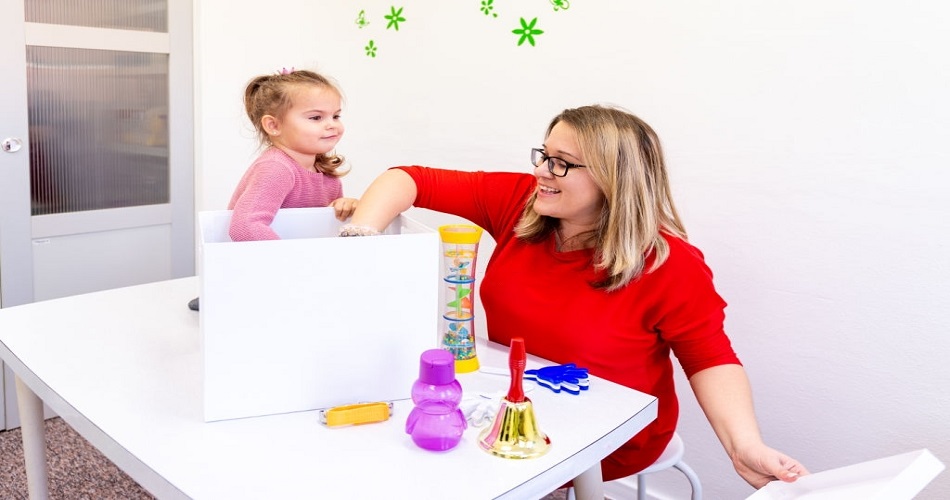Montessori Methods For Kids with Learning Differences
27th April 2021

Respect for the child, individualization of the program to that kid, and the development of independence are the critical fundamentals in the Montessori philosophy. The Montessori Method is simply founded on the fundamental conviction that children learn best by practicing as the Montessori teaching assistant course prepares the teaching professionals to manage a classroom effectively.
The Montessori technique utilises a multi-age classroom as an alternative to conventional classes and grades. Here, children in numerous stages of development learn from each other while the younger children are learning by observing the older children. Dr. Montessori stated, “Montessori education is geared to peaks and valleys of human formation.”As a 21st-century special needs educator with special needs education course, you need to distinguish whether the Montessori style is supportive for students with learning needs or not.
Montessori and Children with Learning Special Needs
The Montessori education could aid in diminishing the differences between the other developing children and the child who experiences learning and attention differences. While the Montessori method upholds all kids, it is essential to the advancement of children who learn differently like children with dyslexia, ADHD, communication special needs, intellectual special needs, and autism.
To help the children who study in a different way, Montessori educators can use several techniques:
- Montessori educators can create control charts.
- They may use more tactile-kinaesthetic input.
- Montessori instructors can focus on the growth of oral language.
- Combining the multisensory organized language techniques with Montessori language presentations is also another way.
Children with special needs or learning needs find that the multi-sensory, communicating environment formed by the Montessori Method is the perfect situation for learning. As the Montessori Method holds uniqueness, the method is similarly successful with children with varied learning needs.
Montessori is Adaptable to a Child’s Unique Needs
Montessori classrooms are intentionally indistinguishable to self-motivate children and highlight the independent learning with improved social communication. Learners are free to interact with their peers, creating the prospect to experience acceptance and presence. The method was also being established to support children with special needs who are sometimes being considered “unteachable.”
Children with special needs need special attention. We all know the fact that every child learns in a different way at their own pace. Children with learning special needs have certain exclusive needs that traditional education systems may not accolade. However, there are some things that need to be considered before choosing Montessori for special kids who learn differently.
- The size of the class, large classes can be disturbing for kids who have trouble focusing.
- Big class size can form difficulties for some kids who fight with social skills.
- Many Montessori programs are private in nature, so sometimes, it has been seen that teachers don’t have specific training in special needs education.
- Check whether the Montessori learning tools and pedagogy boost your child or not.
- If you are thinking about implementing a Montessori approach to your home school set-up, check for the valuable resources online.
Montessori education enhances the organisation and the expansion of time management assistances. This method also encourages freedom, promoting better hand to eye synchronization by developing both gross and fine motor skills. The learning disability online program prepares the special educators to identify which technique is suitable for the special needs child. Matching the level of the lesson to a learner’s distinct growing stage by using the Montessori Method correctly will help to enhance the overall educational progress of the student.
Written By : Bindita Sinha

